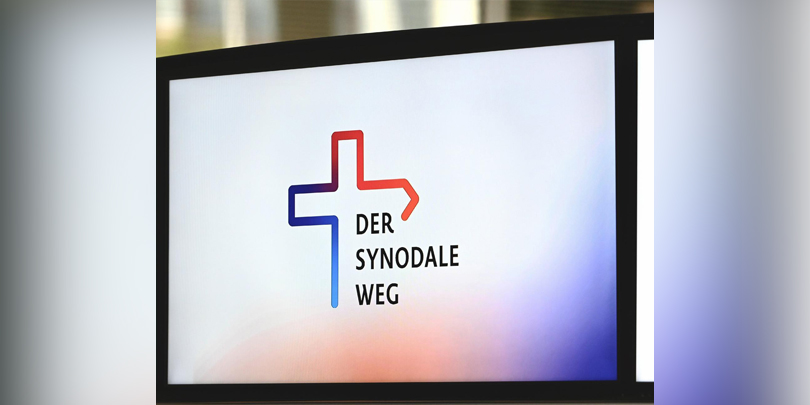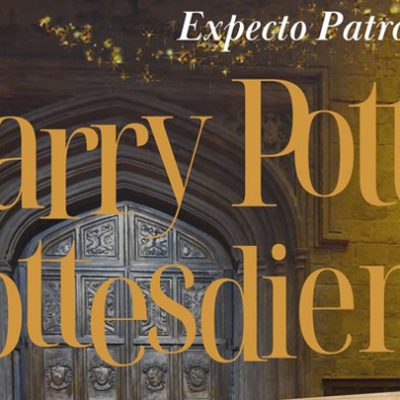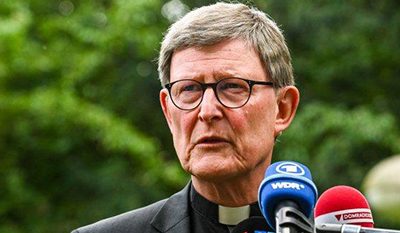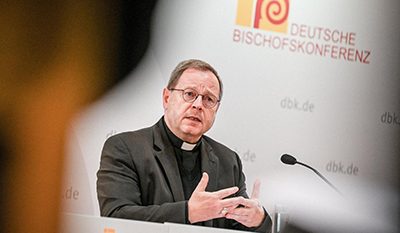
Germany’s Synodal Path tentatively cleared another hurdle last week with elections to study groups to consider possible Church reforms, subject to wary scrutiny from Rome. Source: The Tablet.
The meeting of the Synodal Committee, a body formed to prepare for a decision-making Synodal Council with equal clerical-lay representation, named three groups to work out how to shape the German proposals into reforms suitable to the Vatican.
Four German prelates – Cardinal Rainer Maria Woelki of Cologne, and Bishops Gregor Maria Hanke of Eichstätt, Stefan Oster of Passau and Rudolf Vorderholzer of Regensburg – boycotted the session.
Protesters outside said the Synodal Committee’s parity between clerical and lay representatives had no basis in canon law.
But Bishop Georg Bätzing of Limburg, the president of the German bishops’ conference, was confident the reforms would win Rome’s approval.
“The Synodal Committee has the go-ahead from [Rome] and we can move forward with the statute that we have drawn up. What more could you want?” he said at the start of the two-day session in Mainz.
“We are moving forward on the Synodal Path, very consciously in connection with the global Church,” he said in his closing remarks, with the committee’s next meeting scheduled for December.
A delegation of German bishops will visit Rome late this month for further talks on synchronising their work with the worldwide Synod on Synodality due to hold its second session in October.
Vatican pressure barred the German bishops from discussing the Synodal Committee at their February plenary, but curial officials eventually permitted it to meet after a pledge by Bishop Bätzing to seek Roman approval for any decisions.
FULL STORY
German Synodal Committee meets ‘in connection with global Church’ (By Tom Heneghan, The Tablet)





